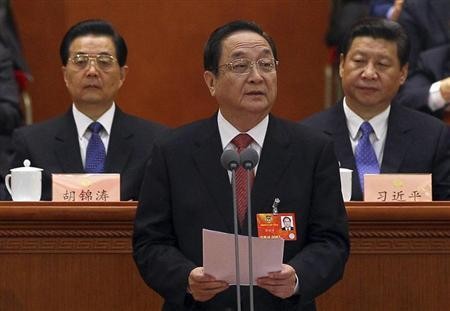Monday's announcement from the Central Committee of the Communist Party of China (CPC), in which it conveyed its commitment to the promotion of "consultative democracy," described by the Global Times as "the country's own brand of democracy," was first discussed at the sixth meeting of the Leading Group for Overall Reform in December of last year.
According to the group's document, the essence of "consultative democracy" in the context of the CPC and socialism with Chinese characteristics is the Party's "mass line" policy.
While the consultative direction is considered a critical step in the ongoing domestic political reforms that President Xi Jinping is commandeering from Beijing, the concept is not new to China. The tenets of consultative democracy have been practiced in China's political system for many years, but the current process, as explained in the 2014 document, is about making this practice more robust.
Monday's announcement forms part of the president's commitment to his nation's modernization, whereby moderate levels of prosperity are developed throughout the country's massive population.
In theory, consultative democracy means that every layer of Chinese society will partake in the discussion of major issues before and during policy-making processes. Under the leadership of the CPC, the principles of consultative democracy will facilitate the greater involvement of China's citizens in politics and will create a more modern state-governance system.
Although the CPC will play a leading role, China's non-communist parties, grassroots organizations and non-public organizations will also be empowered under the reforms. The CPC will arrange and oversee major seminars with the eight non-communist parties, and the manner in which these bodies consult with the CPC will be enhanced.



























